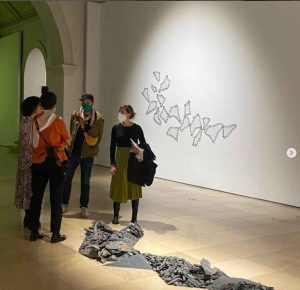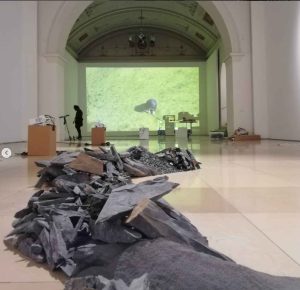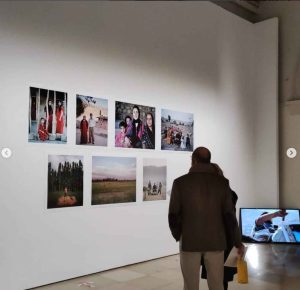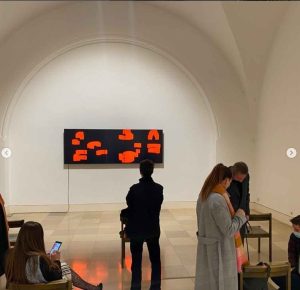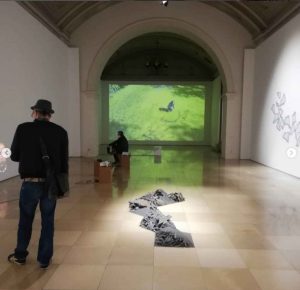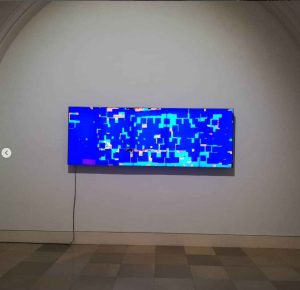The Immunity | 2021
THE IMMUNITY. I 2021
Munich
Curator: Baris Seyitvan – Ezgi Bakcay
Such as on the AIDS crisis, during and after the COVID-19 pandemic many writers expanded on Foucault’s hypotheses by exploring the relationship of immunity and biopolitics.
One the most influential of them is the Italian philosopher Roberto Esposito who examines the relationship between the community and mechanisms of immunization in modern biopolitics. He characterizes modern biopolitics through the tension between living in community and immunizing the population from threats to its health. Though the immunitary mechanisms the demands of communal life are necessary underminded. The human body’s immunity so his health is constructed through social and political criteria that produce sovereignty, discrimination, xenophobia, anti-immigrant regimes, exclusion, stigmatization, politization of life or death. The body has the survive in any cost. So it requires the sacrifice from the “commons”.
Etymologically the immunity and the community share a common root. “Commons” comes from the latin munus, which means both “gift” and “duty”. Munus is the duty that someone must pay to be part of the community. The noun immunitas is a privative word that stems from the negation of munus. In Roman law, immunity was a privilege that released someone from the obligations shared by all. The one who had been de-munized, conversely, had been stripped of all community privileges after having been deemed a threat to the community. Today the parliamentary immunity, also known as legislative immunity, is a system in which members of the parliament or legislature are granted partial immunity from prosecution. During the pandemic we saw that the immunitary mechanisms can turn against the community they are supposed to protect. The invisible coronavirus made visible the paradox of biopolitics. All protective acts in the management of Covid-19 on global scale include an immunitary definition of community in which the collective grants itself the power to decide to sacrifice a part of the population in order to maintain its own sovereignty. The “state of exception” is the “new normalization” of this paradox legitimized by the death anxiety.
This exhibition is a part of a research project questioning the collectivization of the artistical creation process. Tree curators from tree different background and geography are developing tree different point of view to the topic of İmmunity vs Community. They are inviting artists to collaborate to explore the topic within the workshops, lectures, practice and an exhibition.
